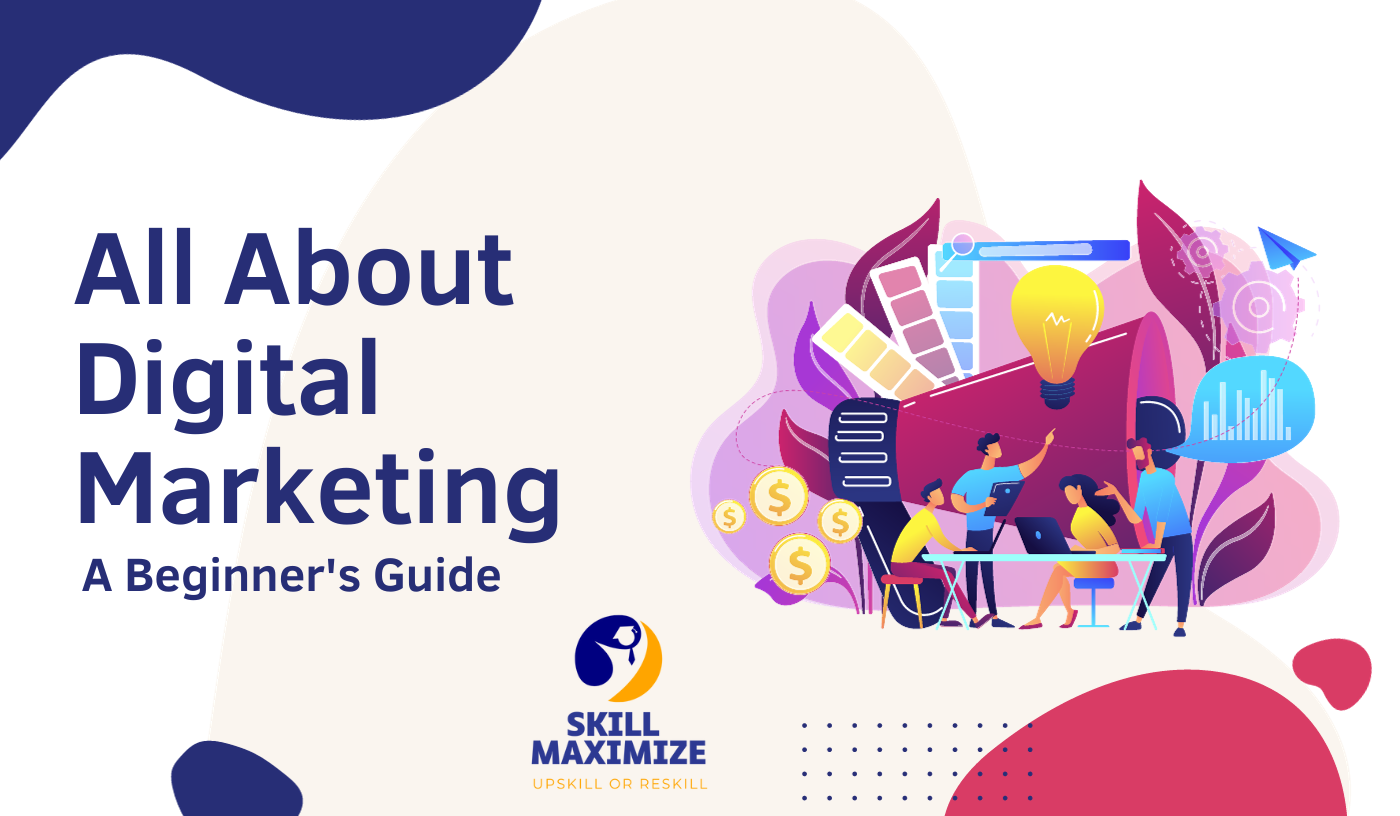Introduction
In the fast-paced world of today, digital marketing has become an essential component of any successful business strategy. Whether you’re a small startup or a large corporation, understanding the basics of digital marketing can make a significant difference in your online presence and overall success. In this beginner-friendly guide, we will explore the key aspects of digital marketing and help you navigate this ever-evolving landscape.
What is Digital Marketing?
Digital marketing is a comprehensive term that encompasses all marketing efforts that use an electronic device or the internet. It’s an umbrella term for various online strategies and tactics used to promote and sell products or services. Digital marketing leverages digital channels such as search engines, social media, email, and websites to connect with current and potential customers.
The Importance of a Website
A well-designed and user-friendly website is the foundation of your digital marketing strategy. Your website is like your digital storefront, and it’s often the first point of contact between your business and potential customers. Ensure that your website is responsive, easy to navigate, and provides valuable content.
Search Engine Optimization (SEO)
SEO is the process of optimizing your website to improve its visibility in search engine results pages (SERPs). This means that when people search for keywords related to your business, your website appears higher in the search results. Effective SEO involves keyword research, on-page optimization, quality content, and backlink building.
Content Marketing
Content marketing focuses on creating and distributing valuable and relevant content to attract and engage your target audience. This content can take various forms, including blog posts, videos, infographics, and more. By providing valuable content, you can build trust, authority, and loyalty among your audience.
Social Media Marketing
Social media marketing involves promoting your brand and products on social media platforms such as Facebook, Twitter, Instagram, and LinkedIn. It’s an excellent way to connect with your audience, build brand awareness, and drive website traffic. Effective social media marketing requires a consistent posting schedule and engaging content.
Email Marketing
Email marketing is a powerful tool for building and maintaining customer relationships. It involves sending targeted emails to your subscribers with the goal of nurturing leads, promoting products, and providing valuable information. Personalization and segmentation are key to successful email marketing.
Pay-Per-Click (PPC) Advertising
PPC advertising allows you to pay for online ads that appear on search engines, social media platforms, and other websites. You only pay when someone clicks on your ad. Popular PPC platforms include Google Ads and Facebook Ads. Effective PPC campaigns require keyword research, ad copywriting, and budget management.
Analytics and Data Analysis
One of the advantages of digital marketing is the ability to track and analyze your efforts. Use tools like Google Analytics to measure website traffic, user behavior, and conversion rates. This data helps you make informed decisions and optimize your marketing strategies for better results.
Mobile Optimization
In an increasingly mobile world, it’s essential to ensure that your digital marketing efforts are mobile-friendly. This means having a responsive website design, mobile-optimized email campaigns, and ads that display well on mobile devices.
Trends and Future of Digital Marketing
Digital marketing is a dynamic field, with new trends and technologies constantly emerging. Staying up-to-date with the latest trends, such as voice search, chatbots, and video marketing, can give you a competitive edge in the digital landscape.
Conclusion
Digital marketing is an ever-evolving field that offers endless opportunities for businesses to reach and engage their target audience. By understanding the basics and implementing effective strategies, you can boost your online presence and grow your business. Whether you’re just starting or looking to improve your current efforts, the key to successful digital marketing is adaptability and continuous learning. Stay curious and stay ahead in the digital marketing game!


